The Institute for Peace & Diplomacy (IPD) and the Canada West Foundation (CWF) were delighted to co-host the third annual Indo-Pacific Strategy Forum (IPSF 2023) on December 4-5, 2023 in downtown Ottawa.
IPSF is the largest and most comprehensive Indo-Pacific conference in Canada on Canada’s defence, and trade engagement in the Indo-Pacific. The forum convened a diverse in-person audience of over 200 participants, encompassing federal and provincial government officials, academics, business leaders, the foreign diplomatic corps, and key stakeholders from the Indo-Pacific region.
With support from the MINDS program at the Canadian Department of National Defence, this two-day, in-person event featured around 40 expert speakers from Canada, the United States, and the Indo-Pacific region. The forum offered deep-dive panels, on-stage interviews by Indo-Pacific reporters with Canadian policymakers, and dedicated networking sessions. The discussions focused on crucial issues such as major defence and security challenges, the increasing role of security in Indo-Pacific trade, and the implementation of federal and provincial Indo-Pacific strategies. An ambassadors panel further enriched the discourse by providing regional context.
Occurring a year after the Government of Canada launched its Indo-Pacific Strategy, the 2023 conference was a critical platform for evaluating the progress of the strategy’s implementation, exploring Canada’s broader engagement with the region, and understanding how this engagement is perceived within the Indo-Pacific.
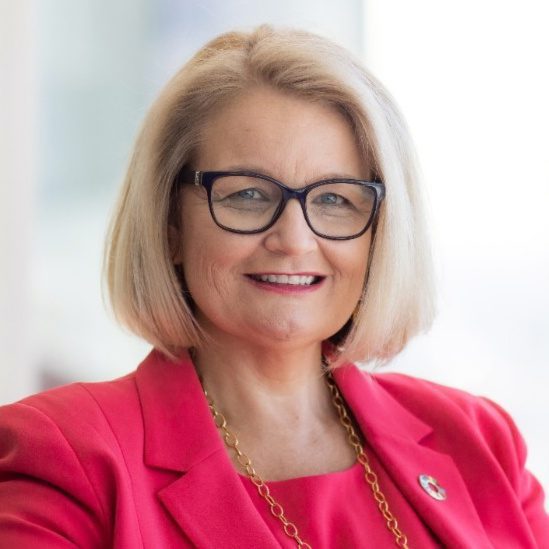
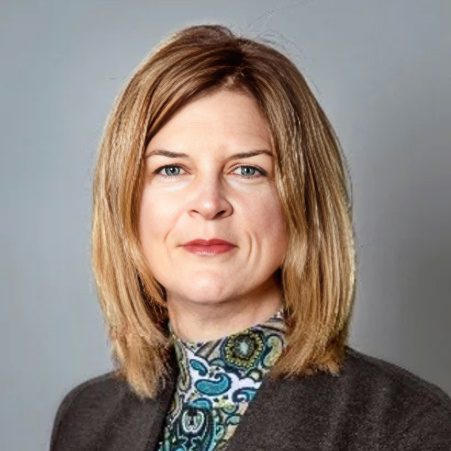
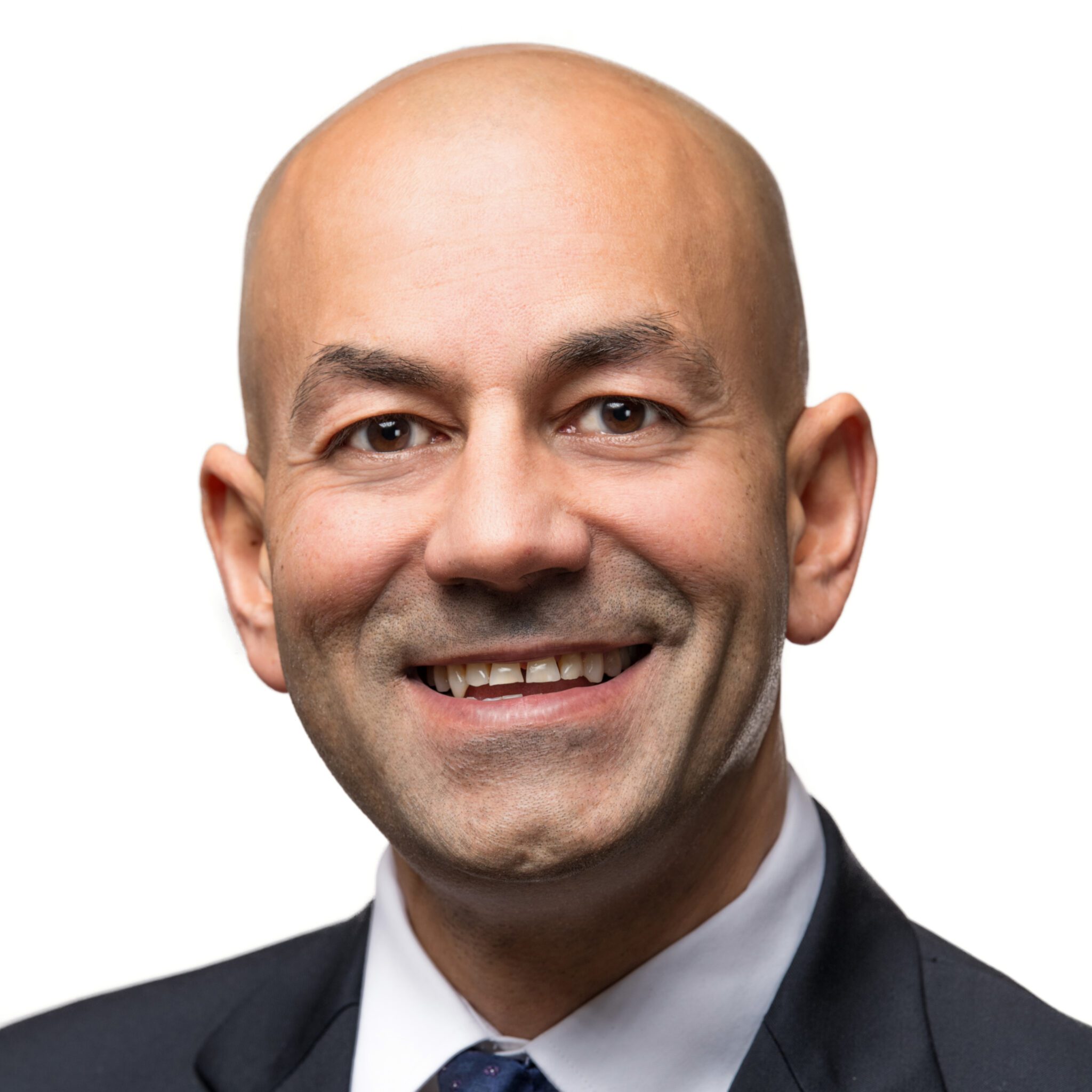
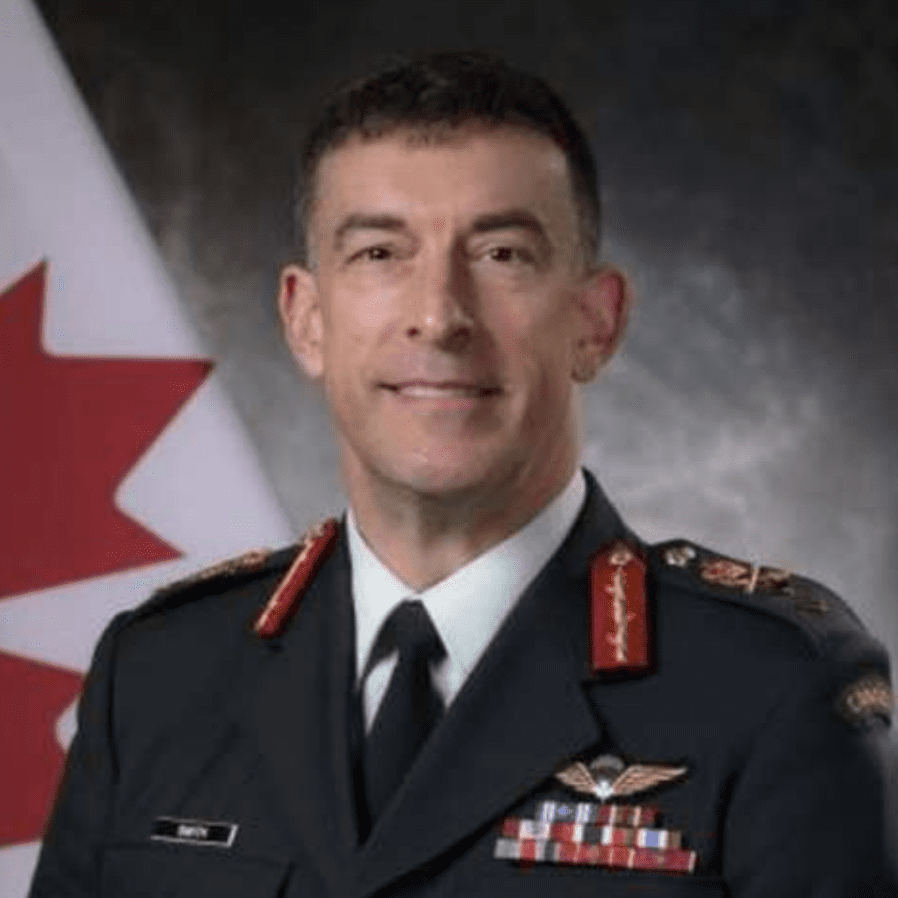
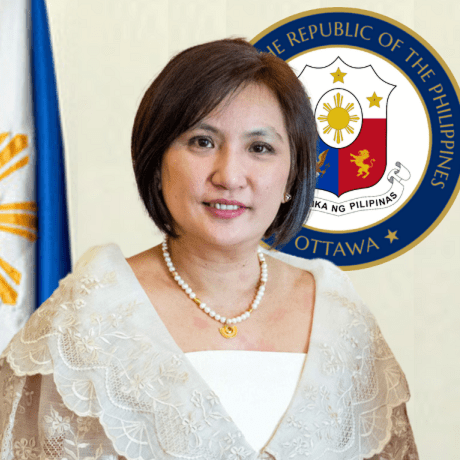
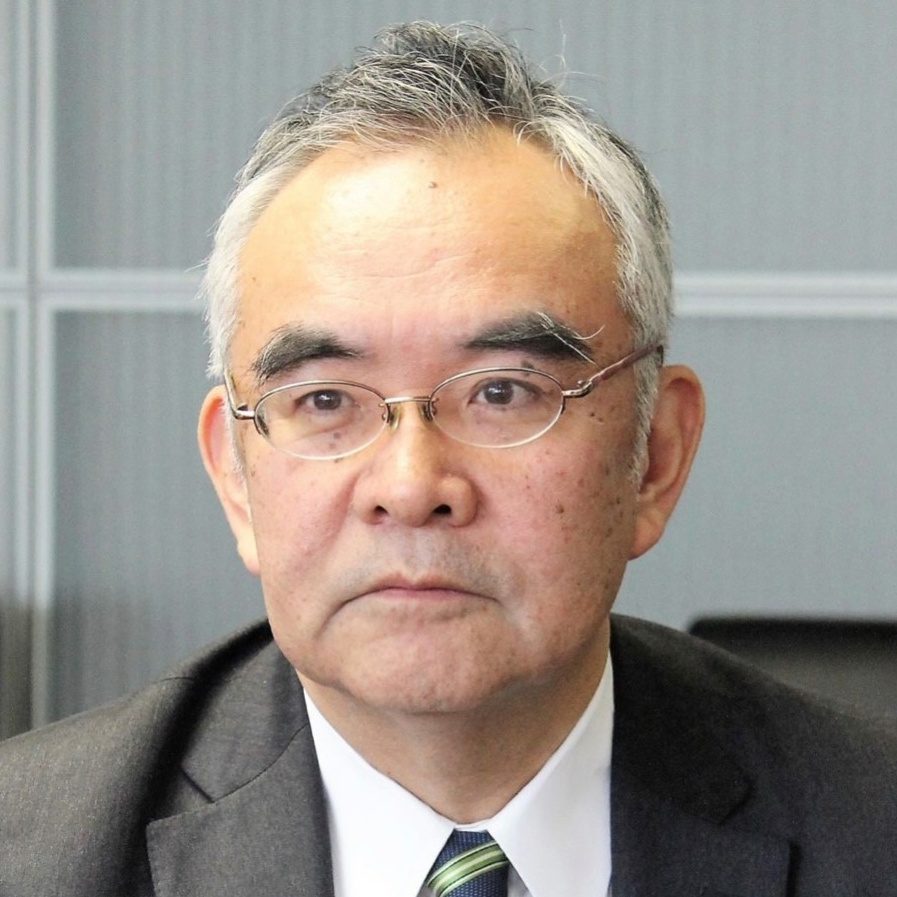
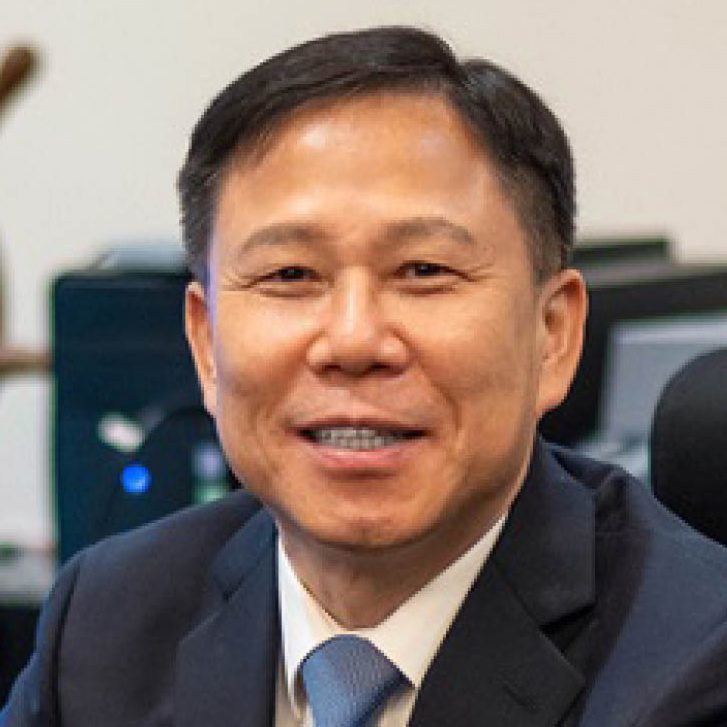
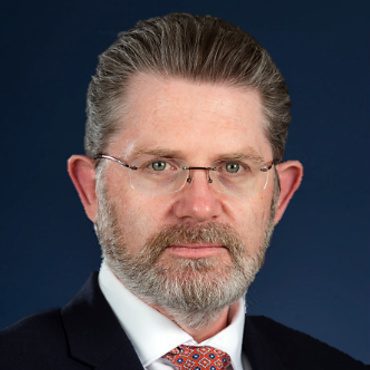
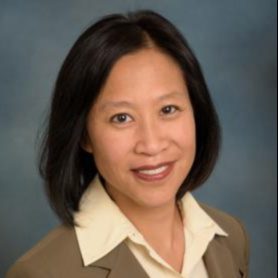
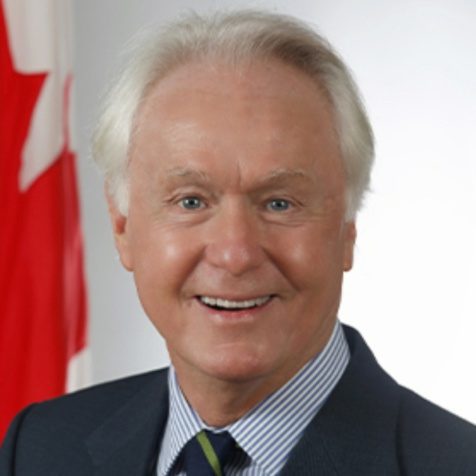
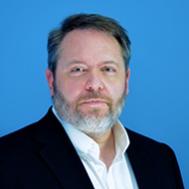
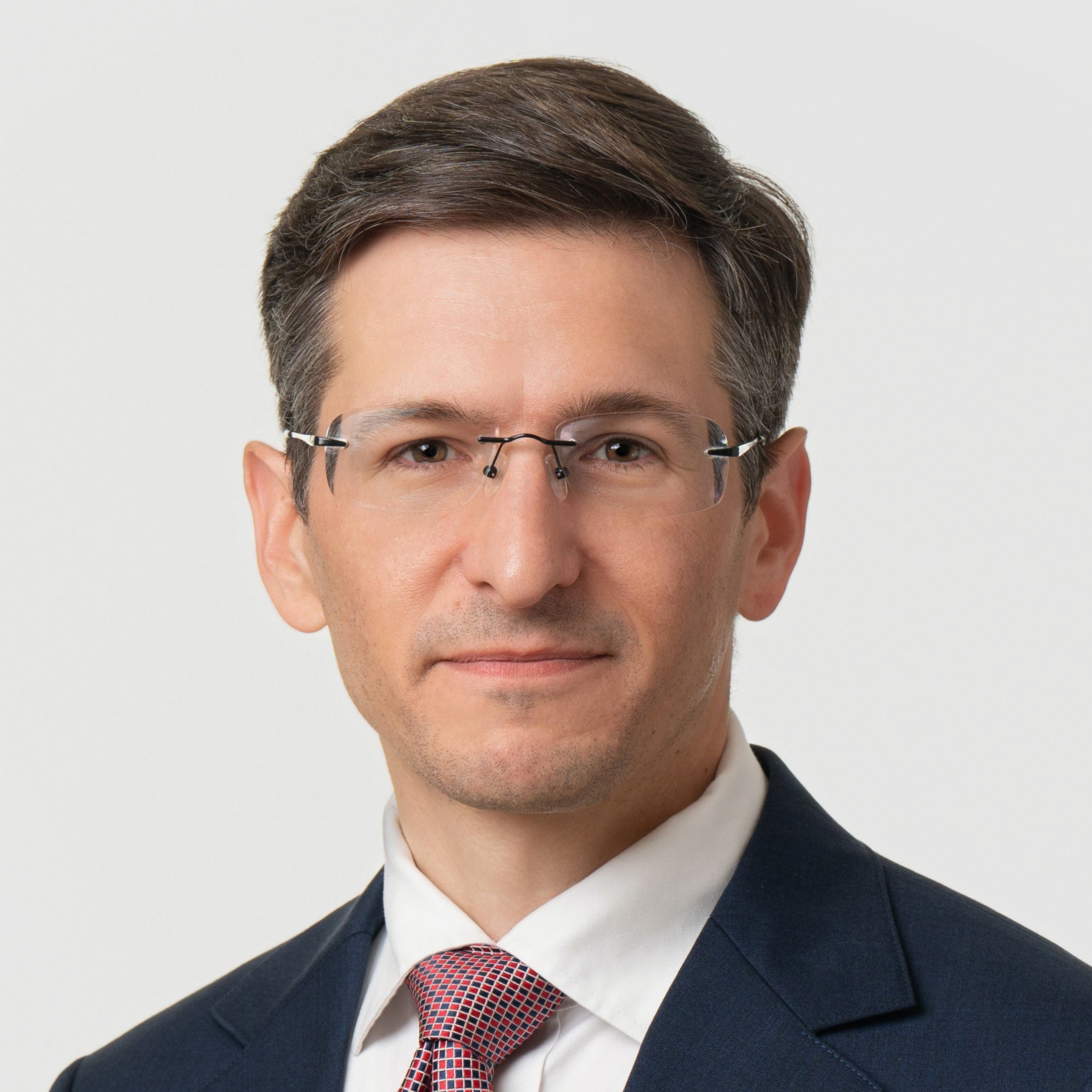
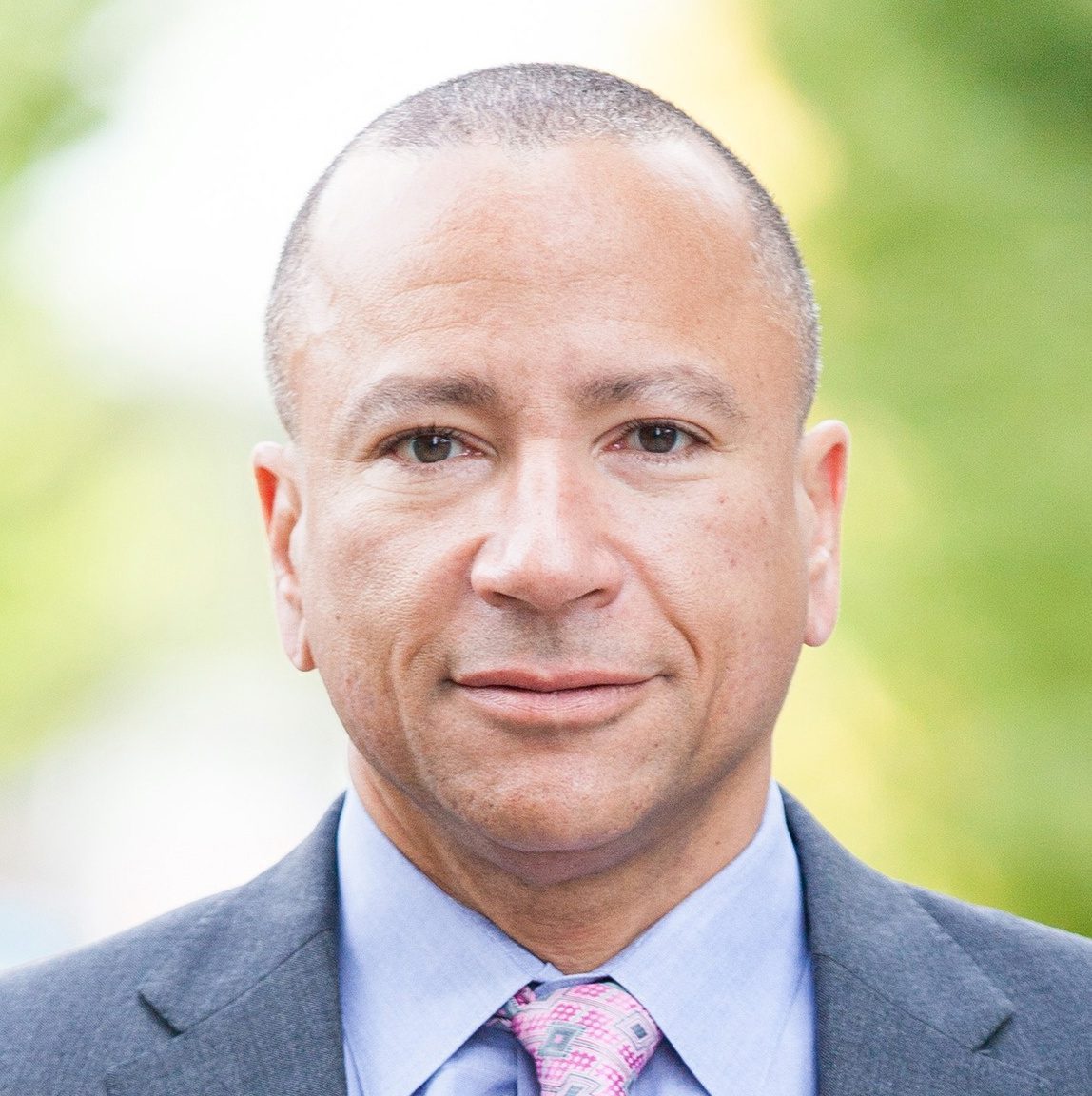
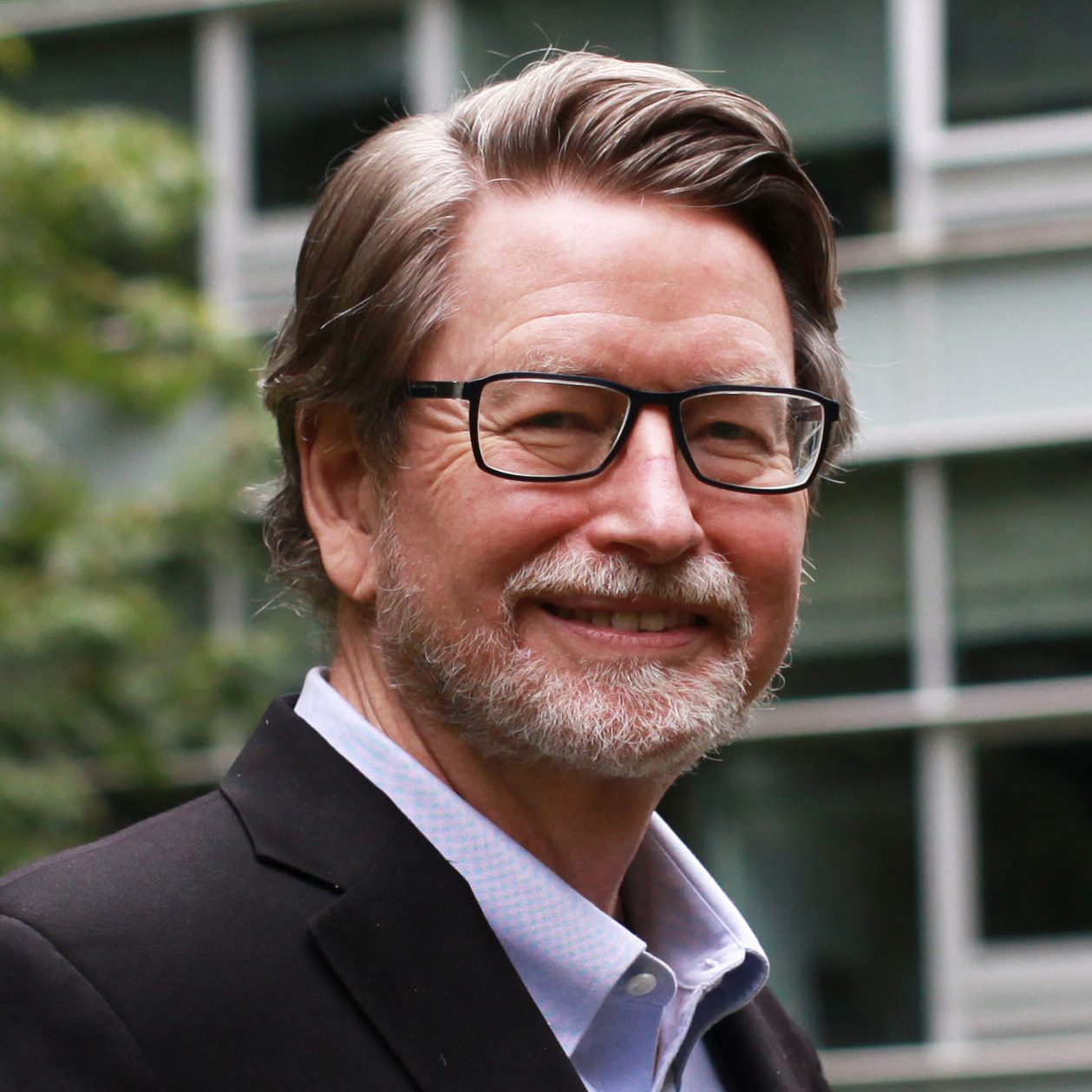
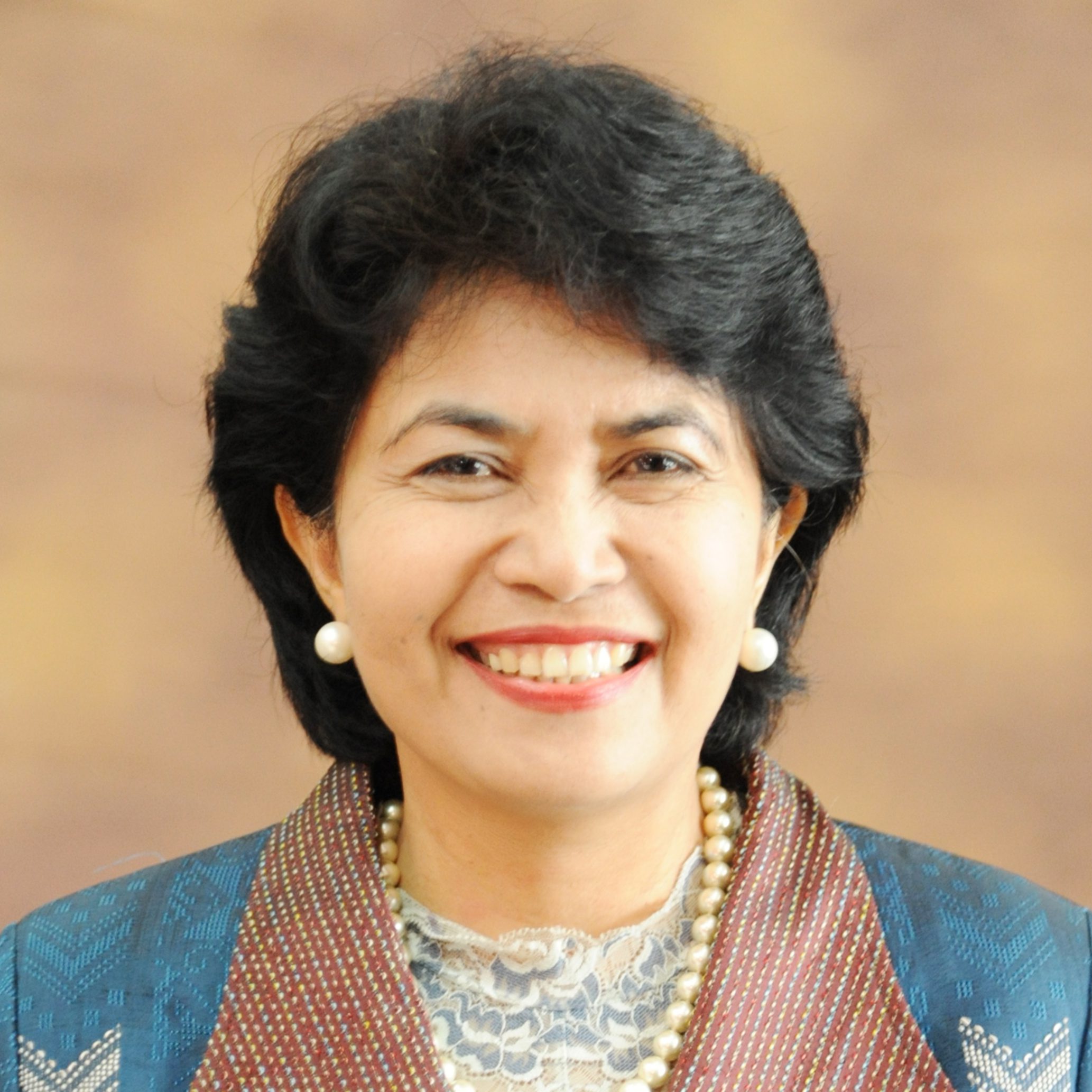
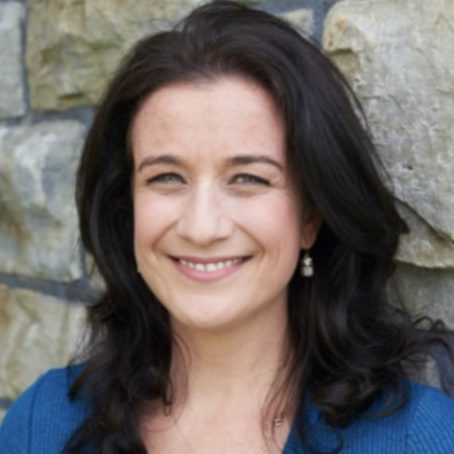
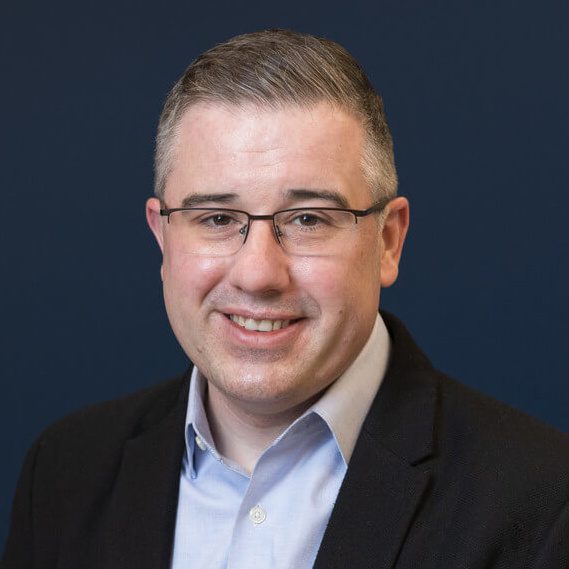
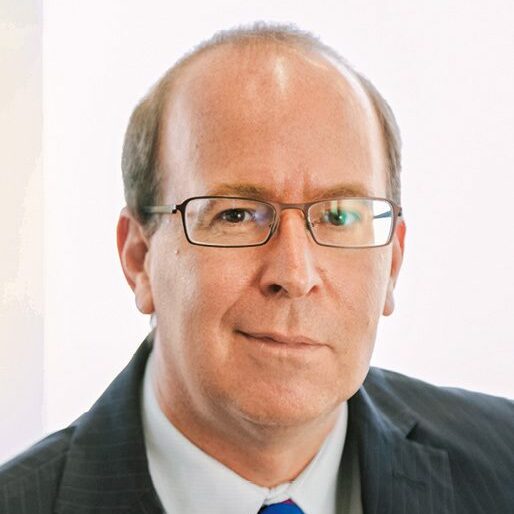
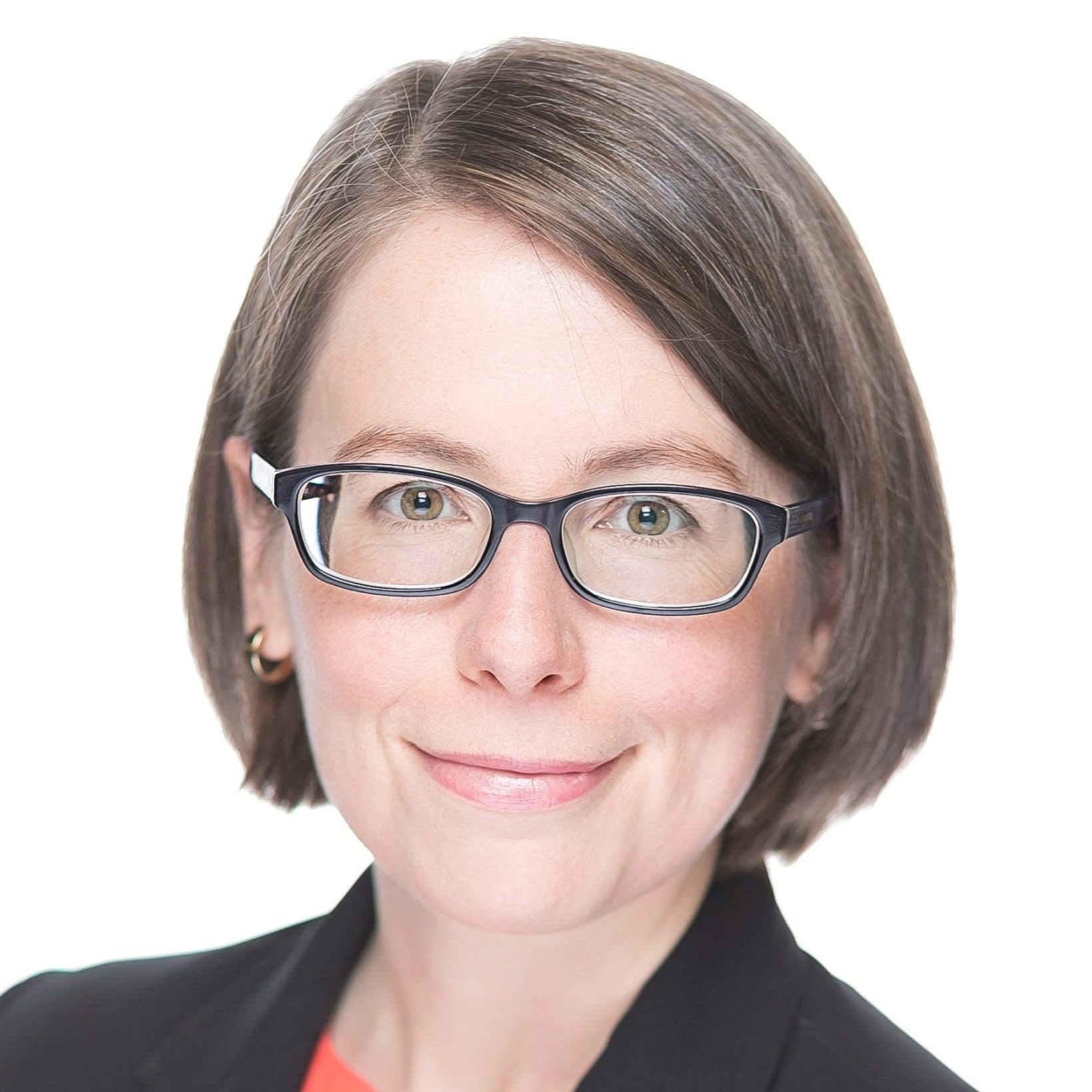
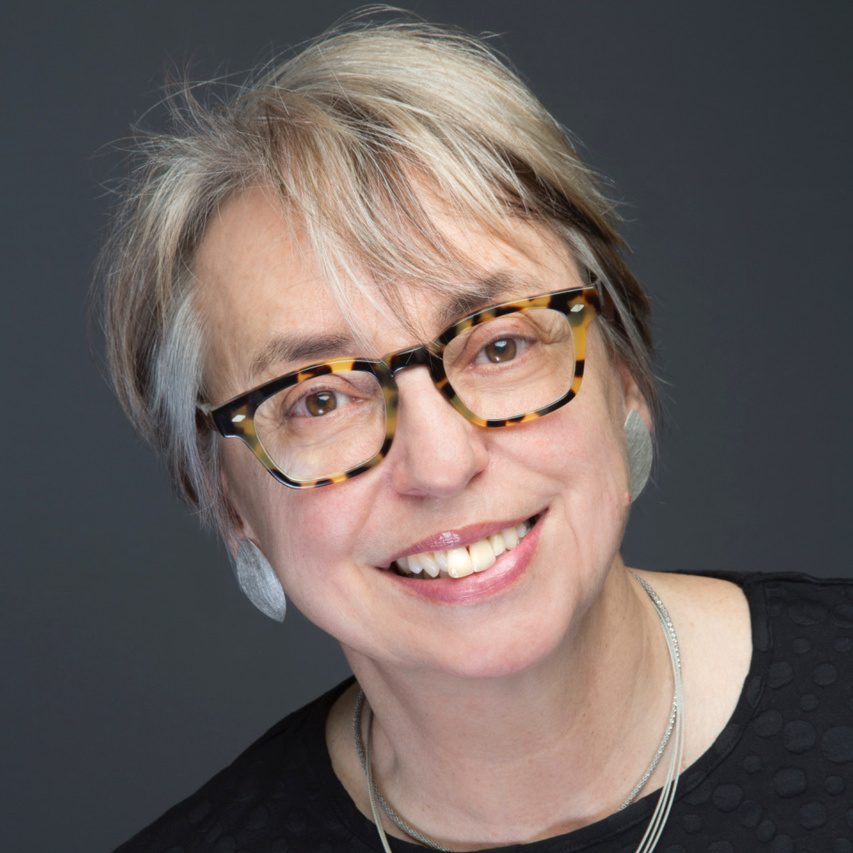
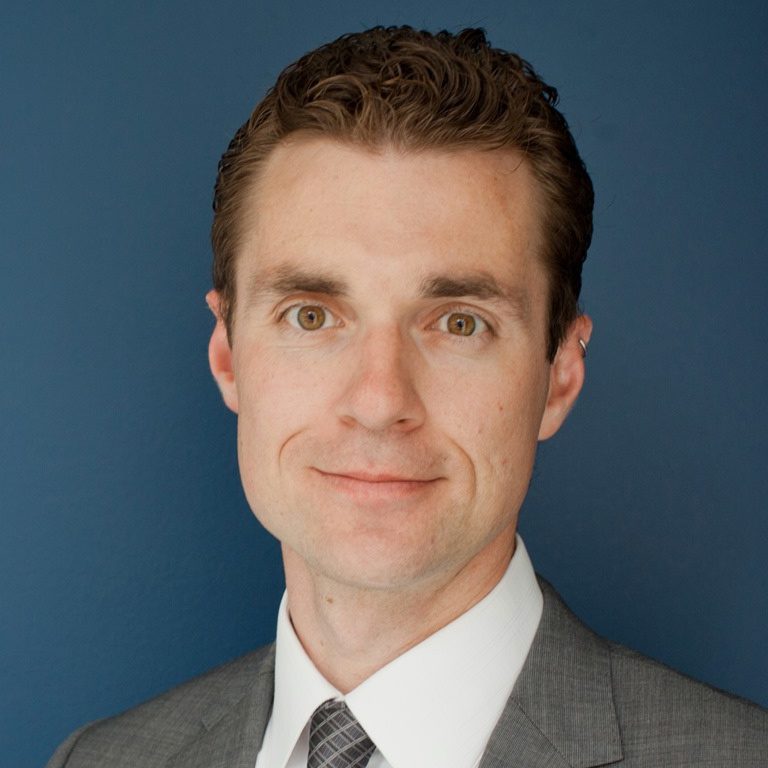
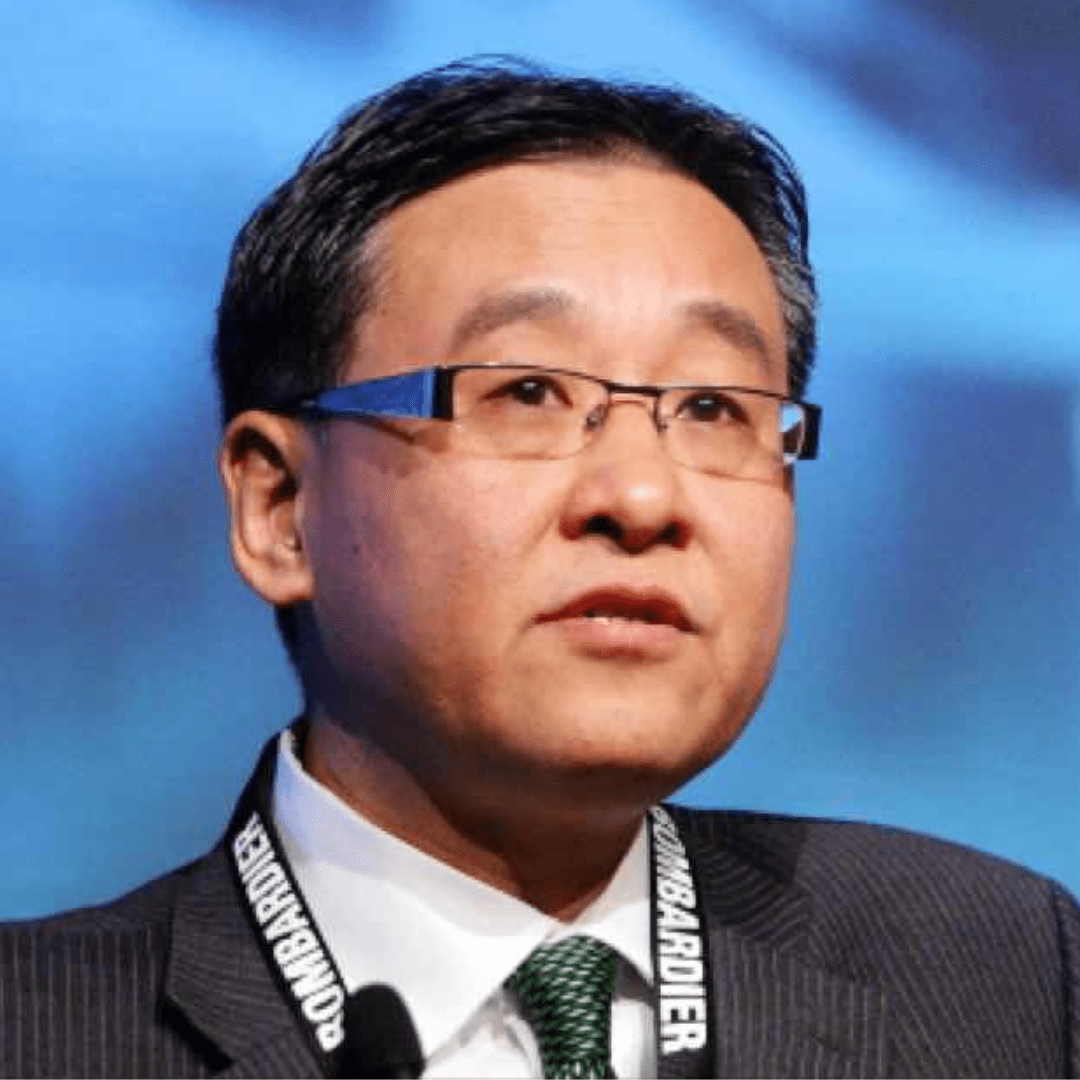
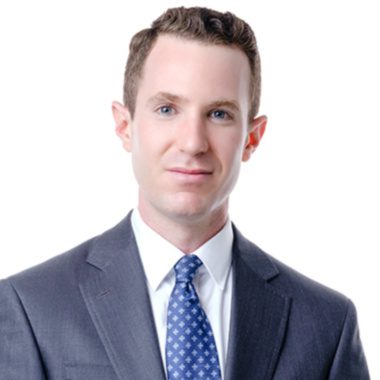
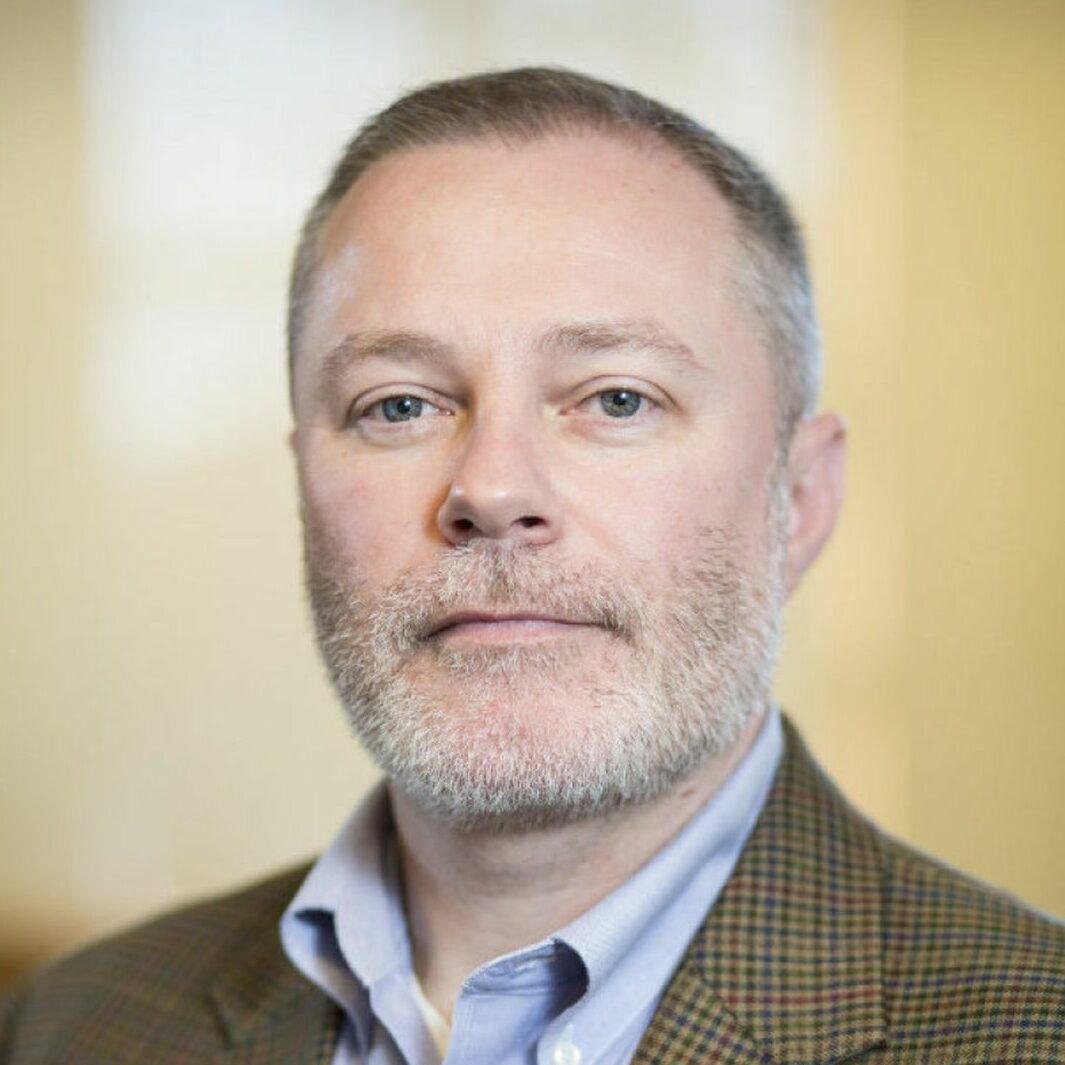
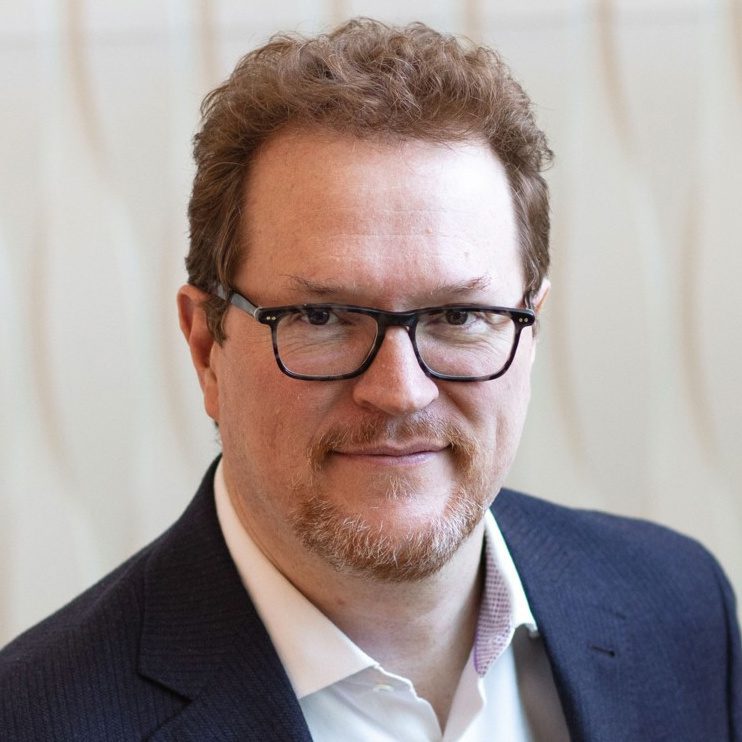
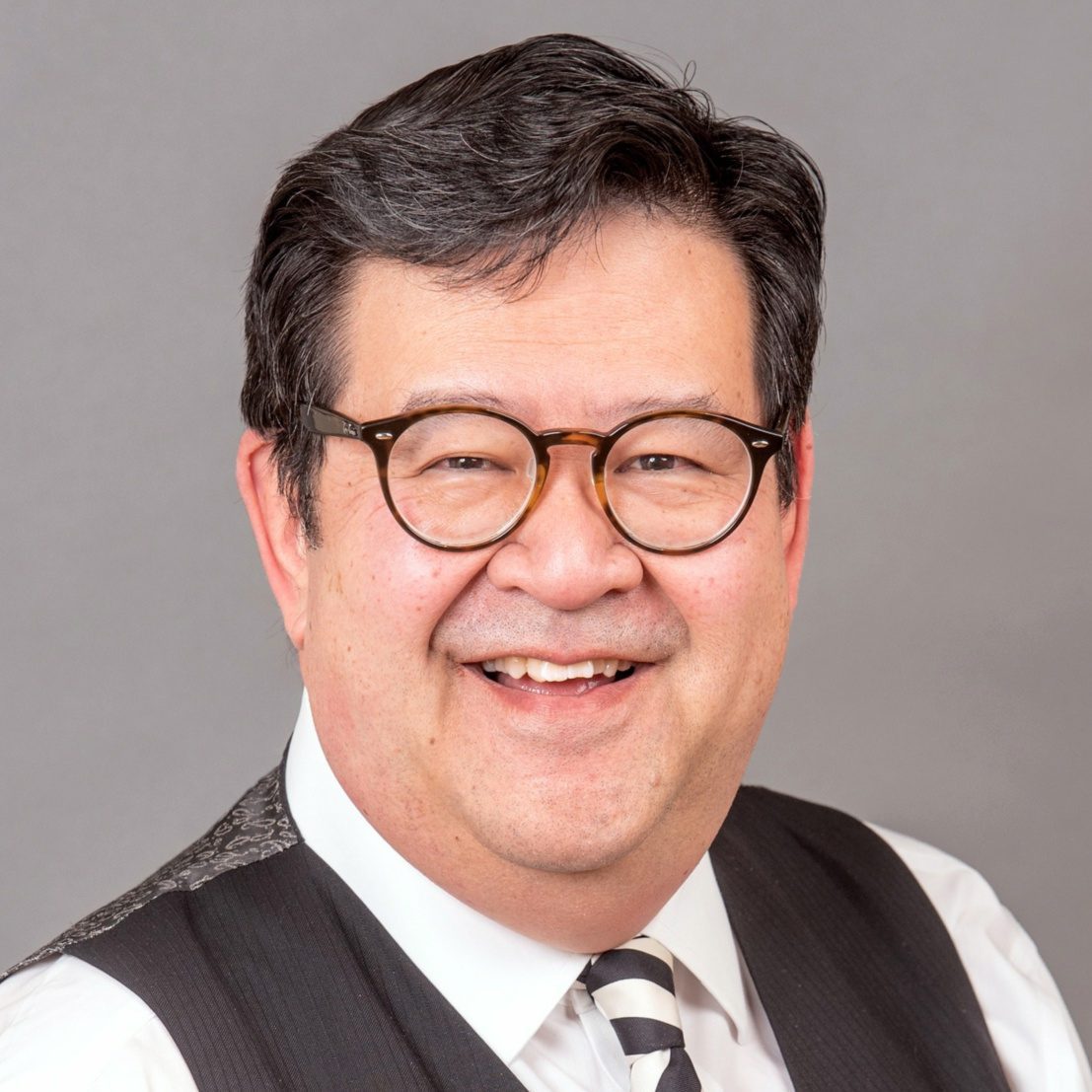
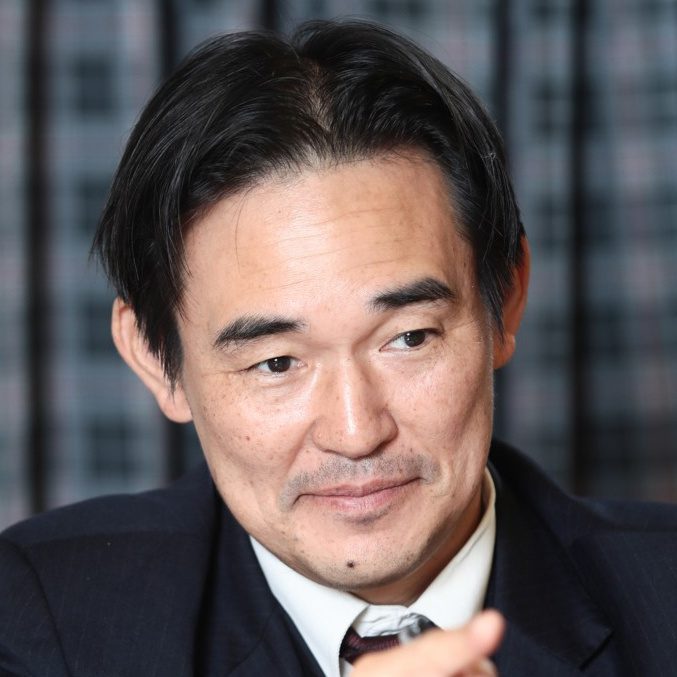
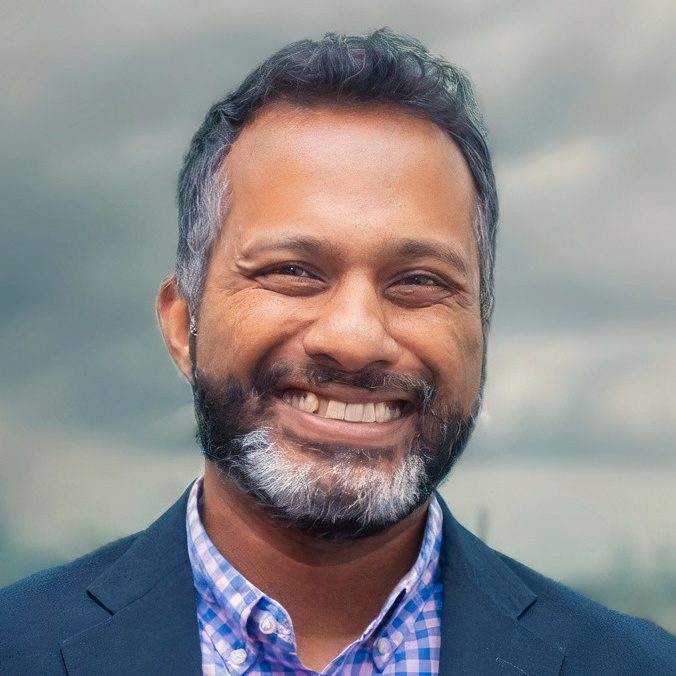
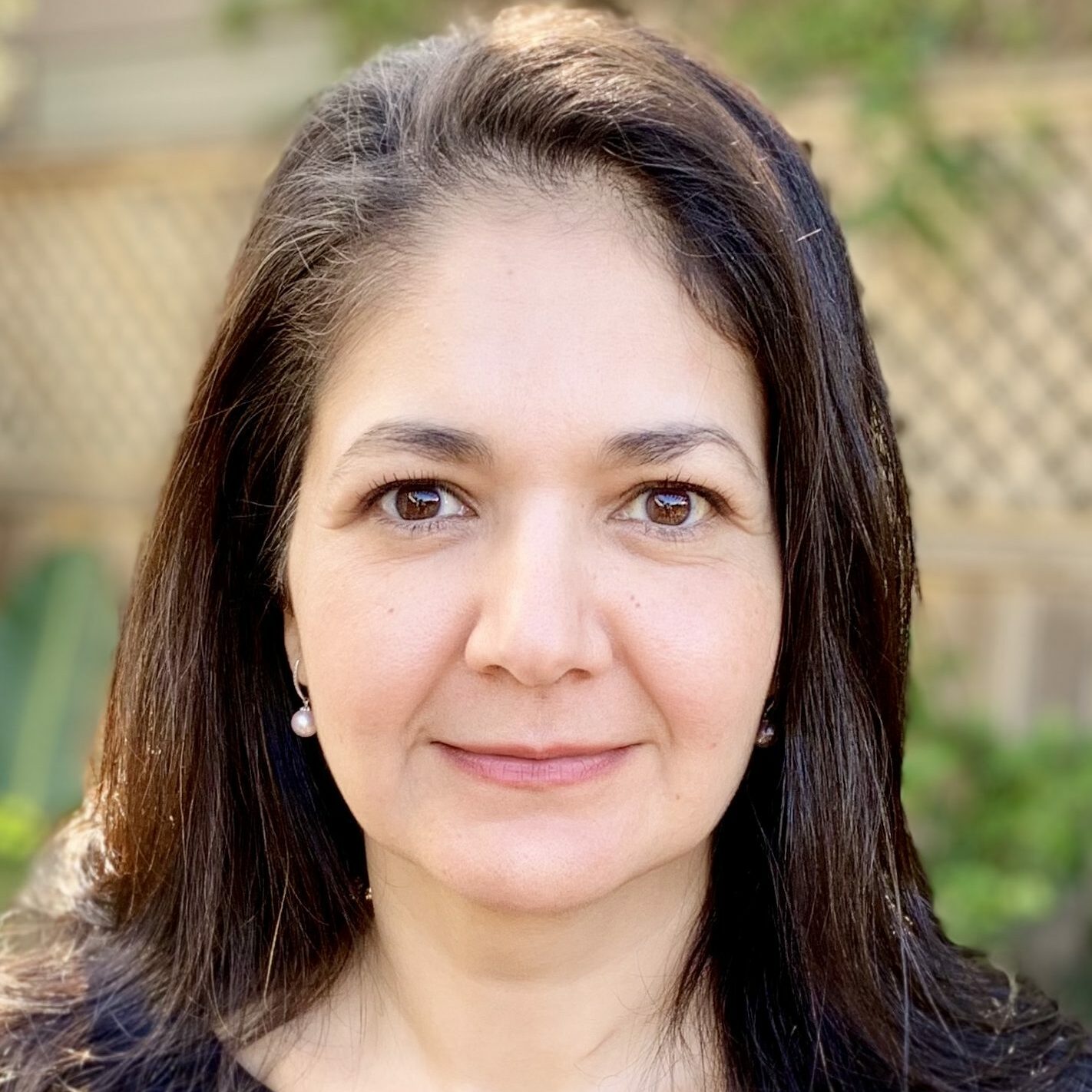
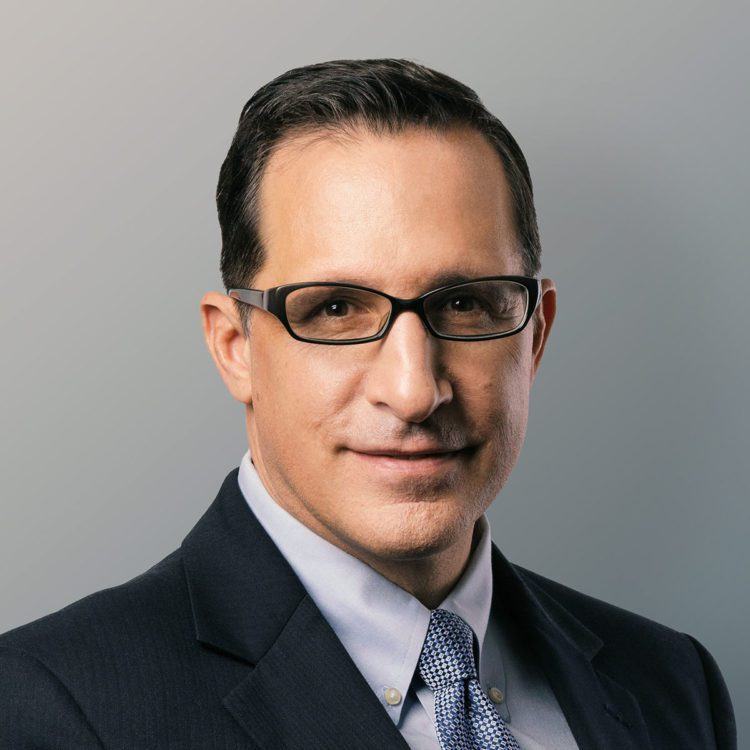
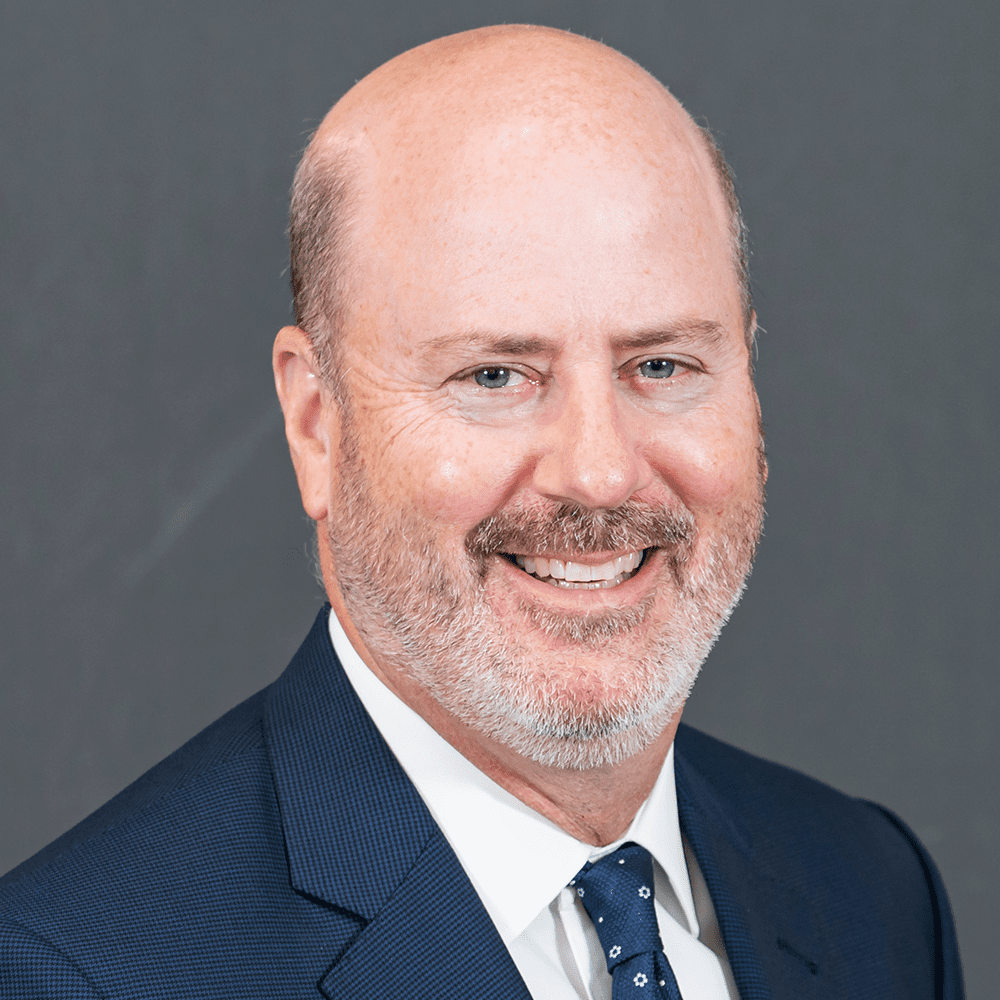
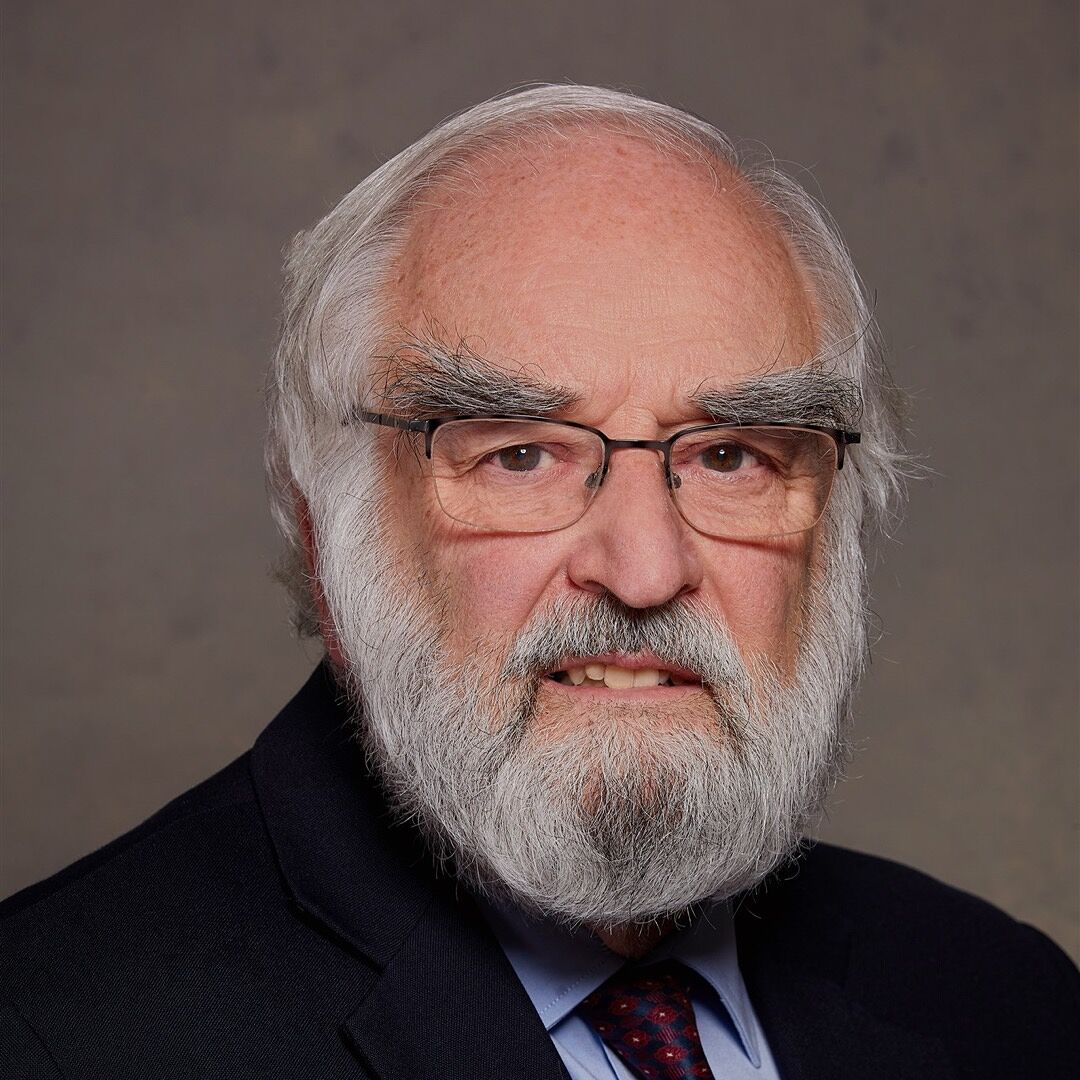
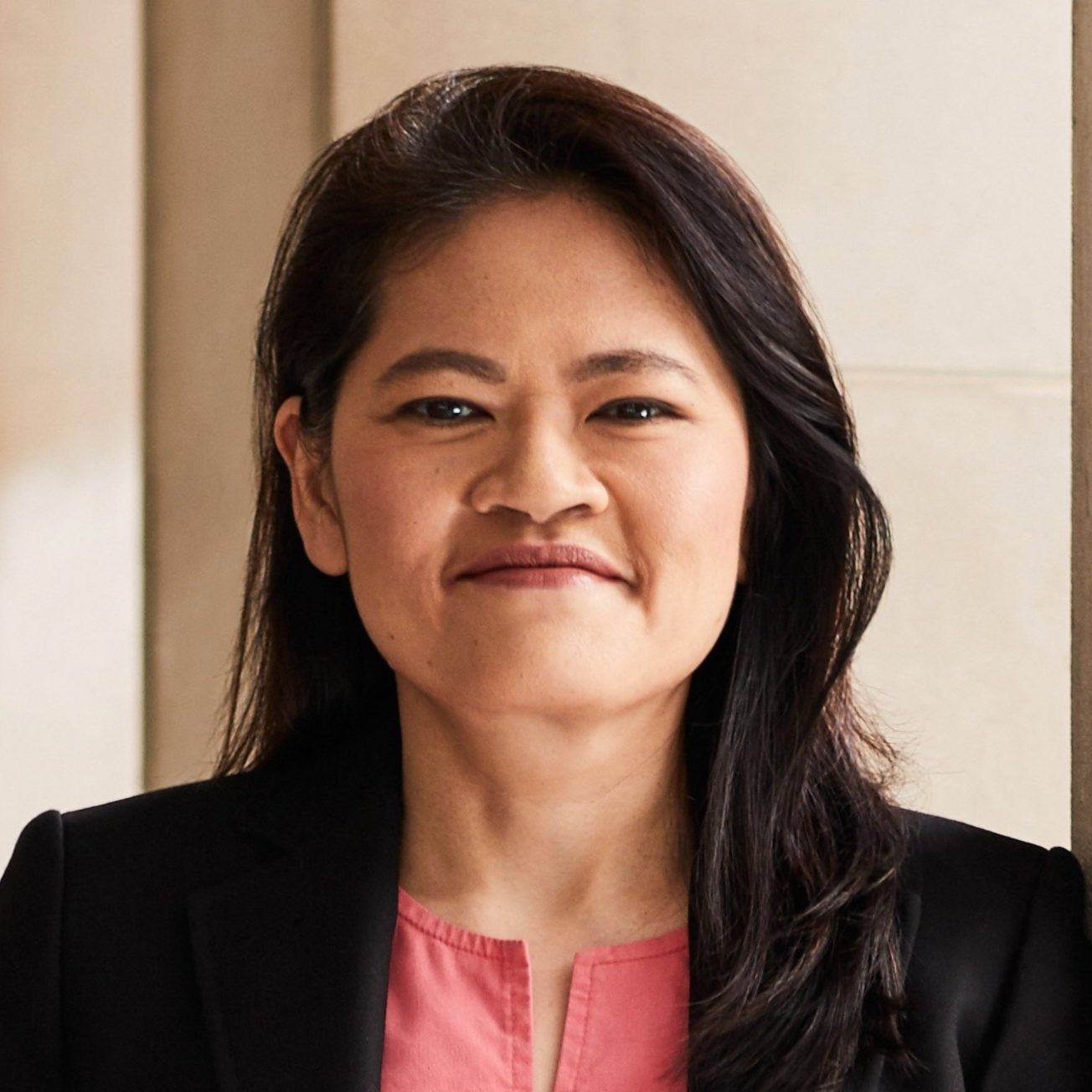
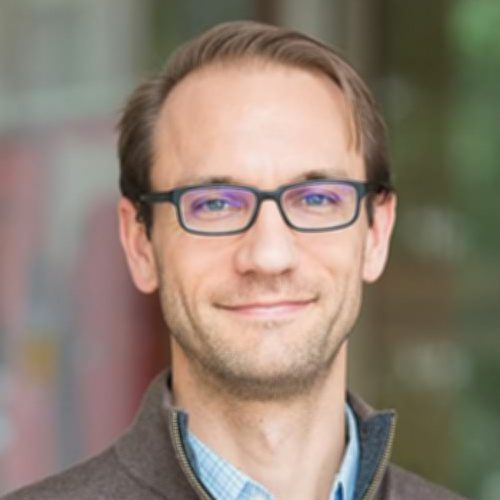
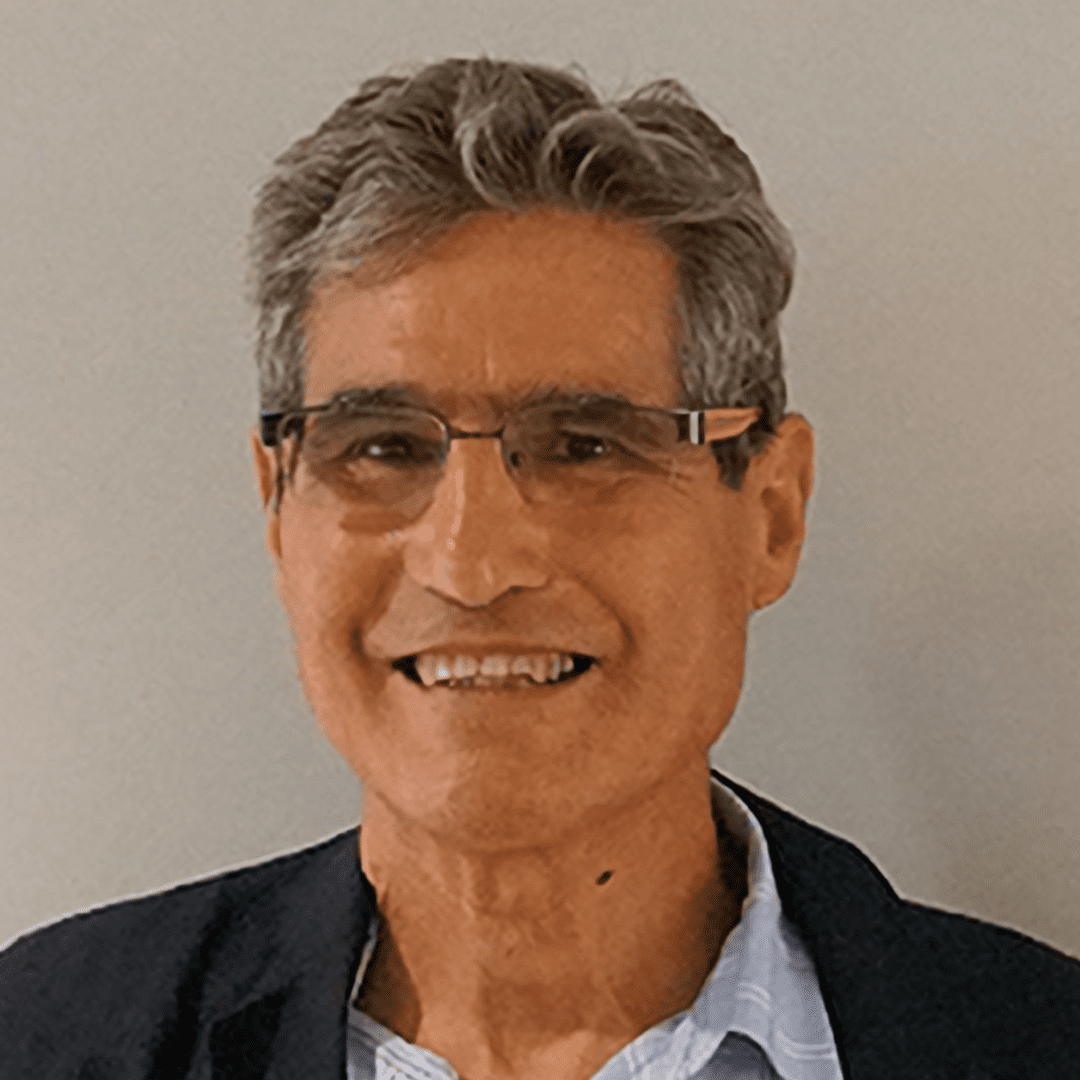
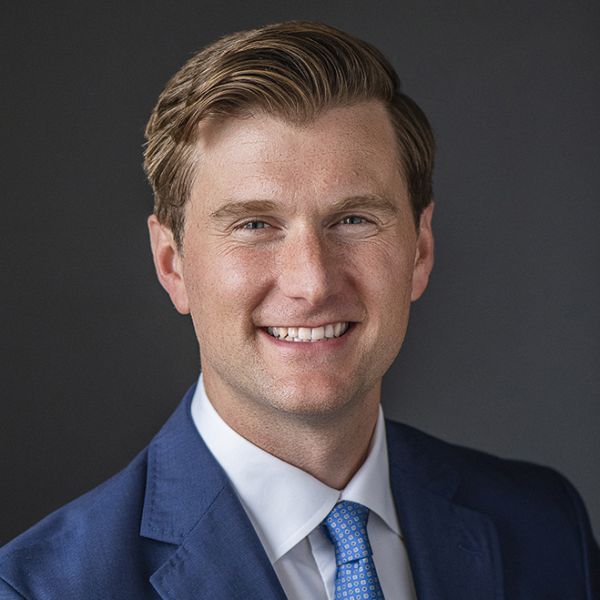
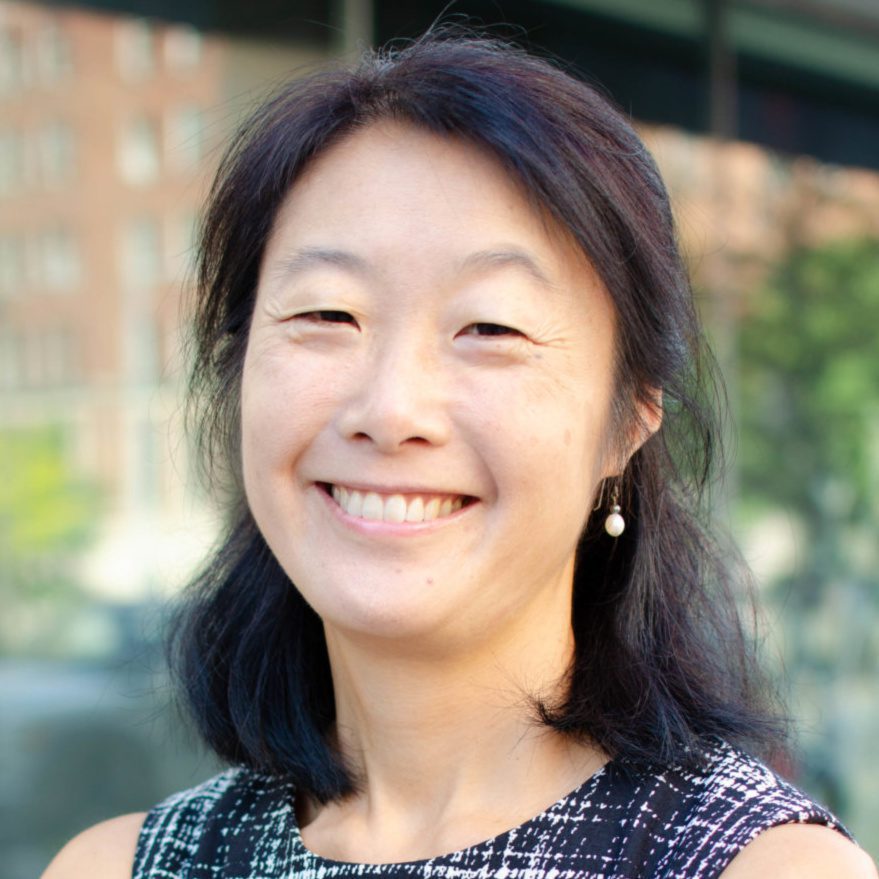
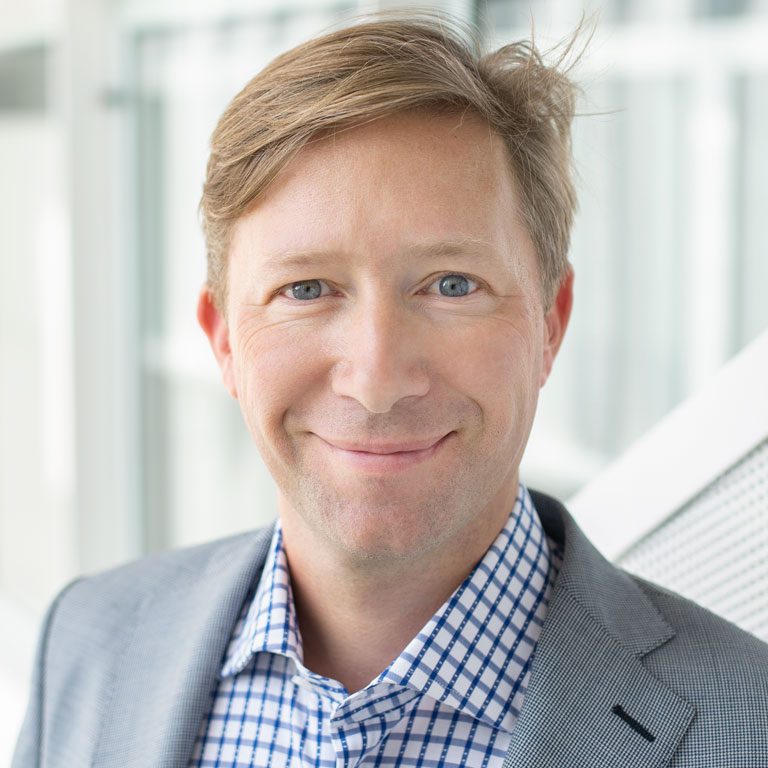
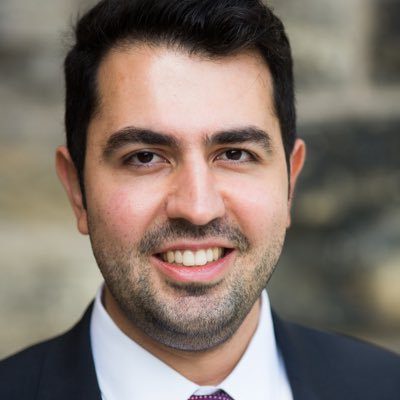
The Western powers have failed to effectively manage the increasing threat of proliferation in the Middle East. While the international community is concerned with Iran’s nuclear program, Saudi Arabia has moved forward with developing its own nuclear program, and independent studies show that Israel has longed possessed dozens of nuclear warheads. The former is a member of the treaty on the Non-Proliferation of Nuclear Weapons (NPT), while the latter has refused to sign the international agreement.
On Middle East policy, the Biden campaign had staunchly criticized the Trump administration’s unilateral withdrawal from the Joint Comprehensive Plan of Action (JCPOA), more commonly known as the Iran Nuclear Deal and it has begun re-engaging Iran on the nuclear dossier since assuming office in January 2021. However, serious obstacles remain for responsible actors in expanding non-proliferation efforts toward a nuclear-free zone in the Middle East.
This panel will discuss how Western powers and multilateral institutions, such as the IAEA, can play a more effective role in managing non-proliferation efforts in the Middle East.
Panelists:
– Peggy Mason: Canada’s former Ambassador to the UN for Disarmament
– Mark Fitzpatrick: Associate Fellow & Former Executive Director, International Institute for Strategic Studies (IISS)
– Ali Vaez: Iran Project Director, International Crisis Group
– Negar Mortazavi: Journalist and Political Analyst, Host of Iran Podcast
– David Albright: Founder and President of the Institute for Science and International Security
Closing (5:45 PM – 6:00 PM ET)
What is the current economic landscape in the Middle East? While global foreign direct investment is expected to fall drastically in the post-COVID era, the World Bank reported a 5% contraction in the economic output of the Middle East and North African (MENA) countries in 2020 due to the pandemic. While oil prices are expected to rebound with normalization in demand, political instability, regional and geopolitical tensions, domestic corruption, and a volatile regulatory and legal environment all threaten economic recovery in the Middle East. What is the prospect for economic growth and development in the region post-pandemic, and how could MENA nations promote sustainable growth and regional trade moving forward?
At the same time, Middle Eastern diaspora communities have become financially successful and can help promote trade between North America and the region. In this respect, the diaspora can become vital intermediaries for advancing U.S. and Canada’s business interests abroad. Promoting business diplomacy can both benefit the MENA region and be an effective and positive way to advance engagement and achieve foreign policy goals of the North Atlantic.
This panel will investigate the trade and investment opportunities in the Middle East, discuss how facilitating economic engagement with the region can benefit Canadian and American national interests, and explore relevant policy prescriptions.
Panelists:
– Hon. Sergio Marchi: Canada’s Former Minister of International Trade
– Scott Jolliffe: Chairperson, Canada Arab Business Council
– Esfandyar Batmanghelidj: Founder and Publisher of Bourse & Bazaar
– Nizar Ghanem: Director of Research and Co-founder at Triangle
– Nicki Siamaki: Researcher at Control Risks
The Middle East continues to grapple with violence and instability, particularly in Yemen, Syria and Iraq. Fueled by government incompetence and foreign interventions, terrorist insurgencies have imposed severe humanitarian and economic costs on the region. Meanwhile, regional actors have engaged in an unprecedented pursuit of arms accumulation. Saudi Arabia and the United Arab Emirates have imported billions of both Western and Russian-made weapons and funded militant groups across the region, intending to contain their regional adversaries, particularly Iran. Tehran has also provided sophisticated weaponry to various militia groups across the region to strengthen its geopolitical position against Saudi Arabia, UAE, and Israel.
On the other hand, with international terrorist networks and intense regional rivalry in the Middle East, it is impractical to discuss peace and security without addressing terrorism and the arms race in the region. This panel will primarily discuss the implications of the ongoing arms race in the region and the role of Western powers and multilateral organizations in facilitating trust-building security arrangements among regional stakeholders to limit the proliferation of arms across the Middle East.
Panelists:
Luciano Zaccara: Assistant Professor, Qatar University
Dania Thafer: Executive Director, Gulf International Forum
Kayhan Barzegar: Professor and Chair of the Department of Political Science and International Relations at the Science and Research Branch of Azad University
Barbara Slavin: Director of Iran Initiative, Atlantic Council
Sanam Shantyaei: Senior Journalist at France24 & host of Middle East Matters
The emerging regional order in West Asia will have wide-ranging implications for global security. The Biden administration has begun re-engaging Iran on the nuclear dossier, an initiative staunchly opposed by Israel, while also taking a harder line on Saudi Arabia’s intervention in Yemen. Meanwhile, key regional actors, including Qatar, Iraq, and Oman, have engaged in backchannel efforts to bring Iran and Saudi Arabia to the negotiating table. From a broader geopolitical perspective, with the need to secure its energy imports, China is also expected to increase its footprint in the region and influence the mentioned challenges.
In this evolving landscape, Western powers will be compelled to redefine their strategic priorities and adjust their policies with the new realities in the region. In this panel, we will discuss how the West, including the United States and its allies, can utilize multilateral diplomacy with its adversaries to prevent military escalation in the region. Most importantly, the panel will discuss if a multilateral security dialogue in the Persian Gulf region, proposed by some regional actors, can help reduce tensions among regional foes and produce sustainable peace and development for the region.
Panelists:
– Abdullah Baabood: Academic Researcher and Former Director of the Centre for Gulf Studies, Qatar University
– Trita Parsi: Executive Vice-President, Quincy Institute for Responsible Statecraft
– Ebtesam Al-Ketbi: President, Emirates Policy Centre
– Jon Allen: Canada’s Former Ambassador to Israel
– Elizabeth Hagedorn: Washington correspondent for Al-Monitor
Military interventions, political and economic instabilities, and civil unrest in the Middle East have led to a global refugee crisis with an increasing wave of refugees and asylum seekers to Europe and Canada. Moreover, the COVID-19 pandemic has, in myriad ways, exacerbated and contributed to the ongoing security threats and destabilization of the region.
While these challenges pose serious risks to Canadian security, Ottawa will also have the opportunity to limit such risks and prevent a spillover effect vis-à-vis effective humanitarian initiatives in the region. In this panel, we will primarily investigate Canada’s Middle East Strategy’s degree of success in providing humanitarian aid to the region. Secondly, the panel will discuss what programs and initiatives Canada can introduce to further build on the renewed strategy. and more specifically, how Canada can utilize its policy instruments to more effectively deal with the increasing influx of refugees from the Middle East.
Panelists:
Erica Di Ruggiero: Director of Centre for Global Health, University of Toronto
Reyhana Patel: Head of Communications & Government Relations, Islamic Relief Canada
Amir Barmaki: Former Head of UN OCHA in Iran
Catherine Gribbin: Senior Legal Advisor for International and Humanitarian Law, Canadian Red Cross
In 2016, Canada launched an ambitious five-year “Middle East Engagement Strategy” (2016-2021), committing to investing CA$3.5 billion over five years to help establish the necessary conditions for security and stability, alleviate human suffering and enable stabilization programs in the region. In the latest development, during the meeting of the Global Coalition against ISIS, Minister of Foreign Affairs Marc Garneau announced more than $43.6 million in Peace and Stabilization Operations Program funding for 11 projects in Syria and Iraq.
With Canada’s Middle East Engagement Strategy expiring this year, it is time to examine and evaluate this massive investment in the Middle East region in the past five years. More importantly, the panel will discuss a principled and strategic roadmap for the future of Canada’s short-term and long-term engagement in the Middle East.
Panelists:
– Ferry de Kerckhove: Canada’s Former Ambassador to Egypt
– Dennis Horak: Canada’s Former Ambassador to Saudi Arabia
– Chris Kilford: Former Canadian Defence Attaché in Turkey, member of the national board of the Canadian International Council (CIC)
– David Dewitt: University Professor Emeritus, York University
While the United States continues to pull back from certain regional conflicts, reflected by the Biden administration’s decision to halt American backing for Saudi Arabia’s intervention in Yemen and the expected withdrawal from Afghanistan, US troops continue to be stationed across the region. Meanwhile, Russia and China have significantly maintained and even expanded their regional activities. On one hand, the Kremlin has maintained its military presence in Syria, and on the other hand, China has signed an unprecedented 25-year strategic agreement with Iran.
As the global power structure continues to shift, it is essential to analyze the future of the US regional presence under the Biden administration, explore the emerging global rivalry with Russia and China, and at last, investigate the implications of such competition for peace and security in the Middle East.
Panelists:
– Dmitri Trenin: Director of Carnegie Moscow Center
– Joost R. Hiltermann: Director of MENA Programme, International Crisis Group
– Roxane Farmanfarmaian: Affiliated Lecturer in International Relations of the Middle East and North Africa, University of Cambridge
– Andrew A. Michta: Dean of the College of International and Security Studies at Marshall Center
– Kelley Vlahos: Senior Advisor, Quincy Institute
The security architecture of the Middle East has undergone rapid transformations in an exceptionally short period. Notable developments include the United States gradual withdrawal from the region, rapprochement between Israel and some GCC states through the Abraham Accords and the rise of Chinese and Russian regional engagement.
With these new trends in the Middle East, it is timely to investigate the security implications of the Biden administration’s Middle East policy. In this respect, we will discuss the Biden team’s new approach vis-à-vis Iran, Yemen, Saudi Arabia, and Israel. The panel will also discuss the role of other major powers, including China and Russia in shaping this new security environment in the region, and how the Biden administration will respond to these powers’ increasing regional presence.
Panelists:
– Sanam Vakil: Deputy Director of MENA Programme at Chatham House
– Denise Natali: Acting Director, Institute for National Strategic Studies & Director of the Center for Strategic Research, National Defense University
– Hassan Ahmadian: Professor of the Middle East and North Africa Studies, University of Tehran
– Abdulaziz Sagar: Chairman, Gulf Research Center
– Andrew Parasiliti: President, Al-Monitor


